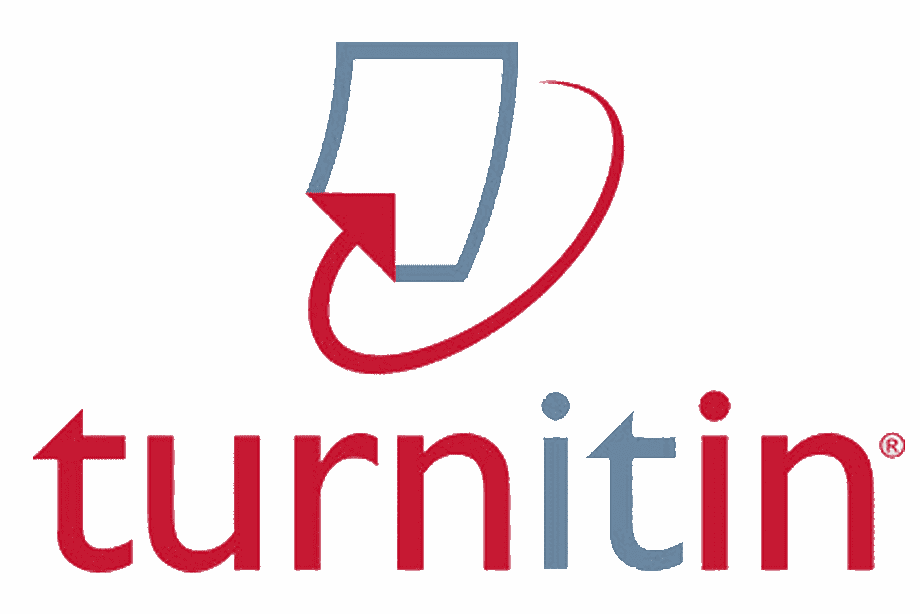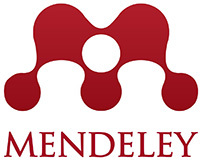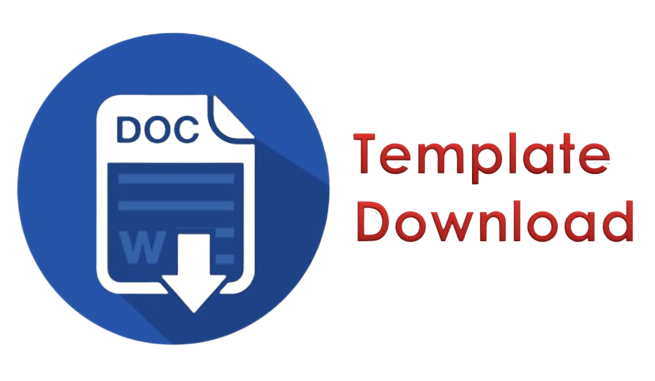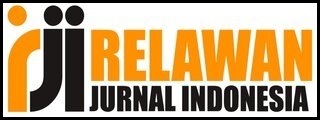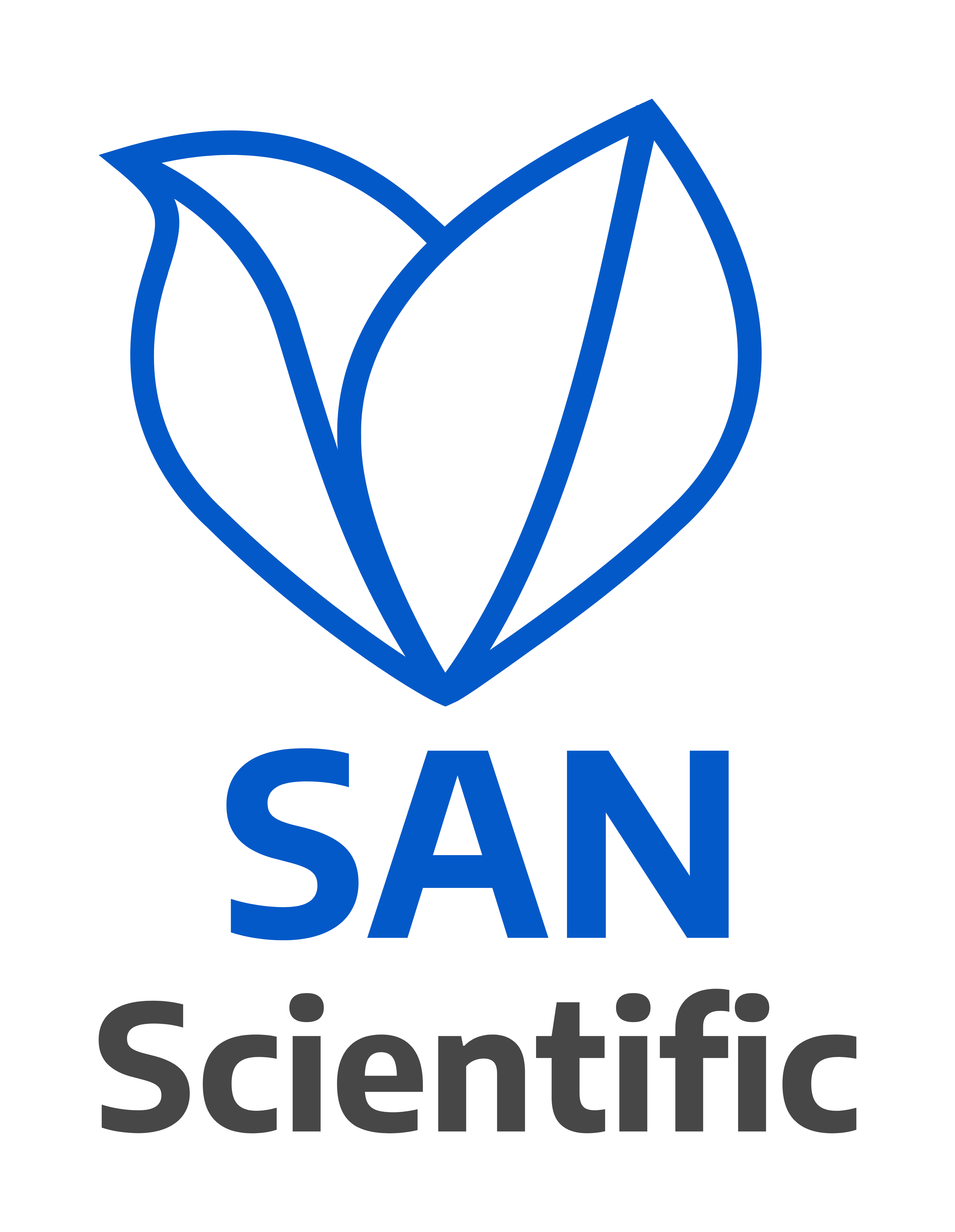Factors Affect the Disclosure of Islamic Social Reporting at Sharia Commercial Banks
DOI:
https://doi.org/10.58777/rie.v1i1.75Keywords:
good corporate governance, media exposure, company size, sharia bank, ISRAbstract
Today the credit of the sharia bank is based on its social activity, which impacts its economic activities. The study analyzes factors that affect Islamic social inequality in the sharia bank at IDX. The research uses the secondary data of the annual report with a sample of 4 buses going public in 2018-2020. A non-sampling sample with a saturated sample type uses the sample retrieval technique. The data analysis method used is the regression test panel using the Eviews software 10. The results of this study indicate that good corporate governance and exposure variables do not significantly affect Islamic Social Reporting (ISR), with variable corporate size affecting Islamic Social Reporting (ISR). In comparison, there is simultaneously no influence between affirmative governance variables, exposure media, and the firm's size On Islamic Social Reporting (ISR). The implications of this research are expected to be able to provide theoretical contributions related to the disclosure of Islamic social responsibility. They are useful in providing input for policymakers and regulators on the Indonesia Stock Exchange.
References
Apriadi, I., Sembel, R., Santosa, P. W., & Firdaus, M. (2017). Kompetisi dan Stabilitas Perbankan di Indonesia: Suatu Pendekatan Analisis Panel Vector Autoregression. Jurnal Manajemen, 21(1), 33. https://doi.org/10.24912/jm.v21i1.146
Aula, R., Sumiyati., & Mai, M. U. (2022). The Effect of Corporate Social Responsibility Disclosure on the Performance of Islamic Banks in Indonesia. Jurnal Manajemen Bisnis, 13(1), 93-107. https://doi.org/10.18196/mb.v13i1.12832
Bilgies, A., Fauzan, R., Santosa, P. W., & Wahyuni, S. (2023). Manajemen Keuangan Islam. In D. P. Sari (Ed.), Repository.ibs.ac.id (First). GlobalL Eksekutif Teknologi. http://repository.ibs.ac.id/4464/1/Bukti Pengajaran MKI.pdf
Buono, K. B., & Suryanto, T. (2022). Determinants of Customer Decisions to Save At Islamic Banks. REVENUE: Jurnal Manajemen Bisnis Islam, 3(2), 187-198. https://doi.org/10.24042/revenue.v3i2.12959
Cahya, B. T., Nuruddin, A., & Ikhsan, A. (2017). Islamic Social Reporting: From the Perspectives of Corporate Governance Strength, Media Exposure and the Characteristics of Sharia Based Companies in Indonesia and its Impact on Firm Value. IOSR Journal of Humanities And Social Science (IOSR-JHSS), 22(5), 71–78. https://doi.org/10.9790/0837-2205107178
Fitria, S. E., & Ariva, V. F. (2018). Analisis Faktor Kondisi Ekonomi, Tingkat Pendidikan Dan Kemampuan Berwirausaha Terhadap Kinerja Usaha Bagi Pengusaha Pindang Di Desa Cukanggenteng. Jurnal Manajemen Indonesia, 18(3), 197–208. https://doi.org/10.25124/jmi.v18i3.1732
Ghozali, I. (2016). Aplikasi Analisis Multivariete Dengan Program IBM SPSS 23 (VIII). Semarang: Badan Penerbit Universitas Diponegoro.
Ghozali, I. (2018). Aplikasi Analisis Multivariate Dengan Program IBM SPSS 25. Semarang: Badan Penerbit Universitas Diponerogo.
Haryono. (2022). Awareness to The Islamic Social Reporting (ISR) Disclosure: A Case Study in Companies Listed in Jakarta Islamic Index (JII). JPPI (Jurnal Penelitian Pendidikan Indonesia), 8(2), 348-358. https://doi.org/10.29210/020221547
Marnelly, T. R. (2013). CORPORATE SOCIAL RESPONSIBILITY (CSR): Tinjauan Teori dan Praktek di Indonesia. JAB: Jurnal Aplikasi Bisnis, 3(1), 49-59.
Nikmah, A. N. N., Suryanto, T., & Surono. (2020). Evaluation of Dual Banking System in Banking in Indonesia. Islamiconomic: Jurnal Ekonomi Islam, 11(2), 127-140. https://doi.org/10.32678/ijei.v11i2.158
Santosa, P. W. (2019). Financial performance, exchange rate, and stock return: Evidence from the manufacturing sector. Jurnal Manajemen Teknologi, 18(3), 205–217. https://doi.org/10.12695/jmt.2019.18.3.5
Santosa, P. W., & Hidayat, A. (2014). Riset Terapan: Teori dan Aplikasi (First Edit). Globalstat Solusi Utama.
Santosa, P. W., Tambunan, M. E., & Kumullah, E. R. (2020). The role of moderating audit quality relationship between corporate characteristics and financial distress in the Indonesian mining sector. Investment Management and Financial Innovations, 17(2), 88–100. https://doi.org/10.21511/imfi.17(2).2020.08
Sukardi, B., Widiatmini., & Fachrurazi. (2022). Islamic Social Reporting Factors for The Indonesian Islamic Commercial Banks. Jurnal Perbankan Syariah, 3(1), 1-13. http://dx.doi.org/10.46367/jps.v3i1.479
Umiyati, U., & Baiquni, M. D. (2019). Ukuran Perusahaan, Profitabilitas, Dan Leverage Terhadap Islamic Social Reporting Pada Bank Umum Syariah di Indonesia. Jurnal Akuntansi Dan Keuangan Islam, 6(1), 85–104. https://doi.org/10.35836/jakis.v6i1.10
Wahyono, W., Putri, E., & Cahya, B. T. (2020). Corporate Governance Strength, Firm’s Characteristics, and Islamic Social Report: Evidence from Jakarta Islamic Index. Journal of Accounting and Investment, 21(2). https://doi.org/10.18196/jai.2102155
Wardani, M. K., & Sari, D. D. (2018). Disclosure of Islamic Social Reporting in Sharia Banks: Case of Indonesia and Malaysia. Journal of Finance and Islamic Banking, 1(2), 105-120. https://doi.org/10.22515/jfib.v1i2.1495
Widarjono, A. (2018). Ekonometrika: pengantar dan aplikasinya desertai panduan EViews. Yogyakarta: UPP STIM YKPN.
Wlliam R Scott. (2012). Financial Accounting Theory (Edition 6th). New Jersey: Prentice Hall.
Downloads
Published
How to Cite
Issue
Section
Copyright (c) 2023 Hana Fauziah, Yuke Rahmawati

This work is licensed under a CC Attribution-ShareAlike 4.0
 Views: 154
|
Views: 154
|
 Downloaded: 133
Downloaded: 133



